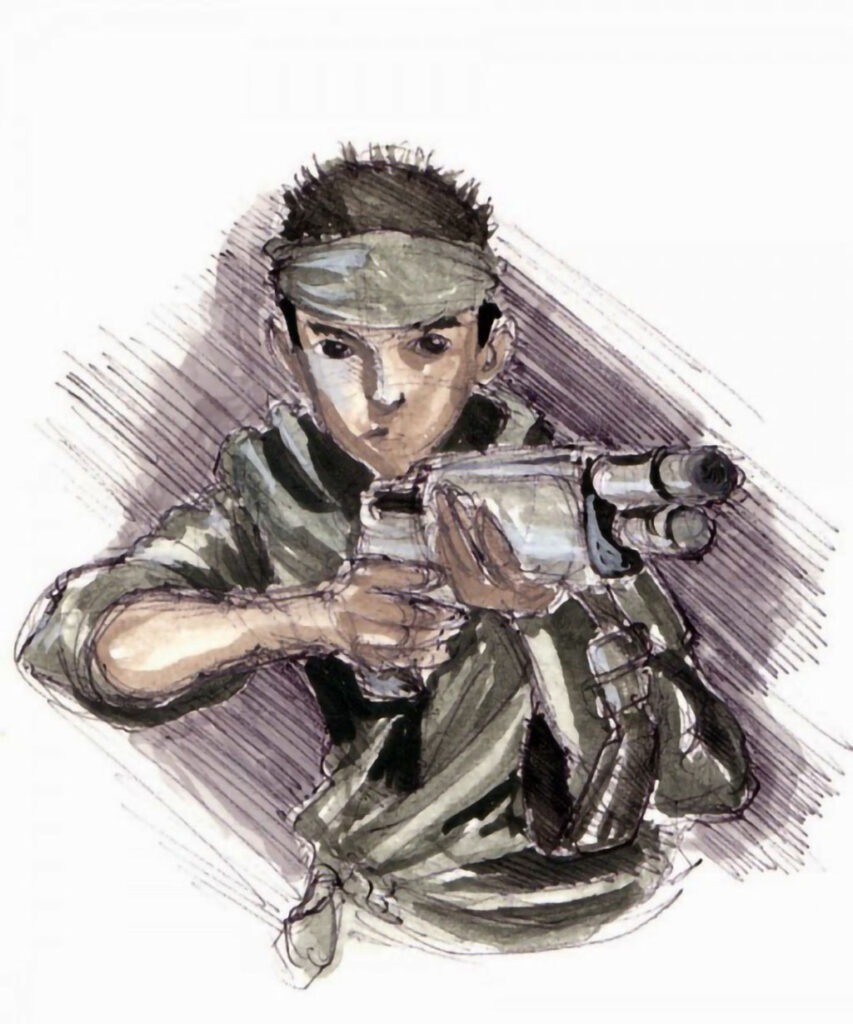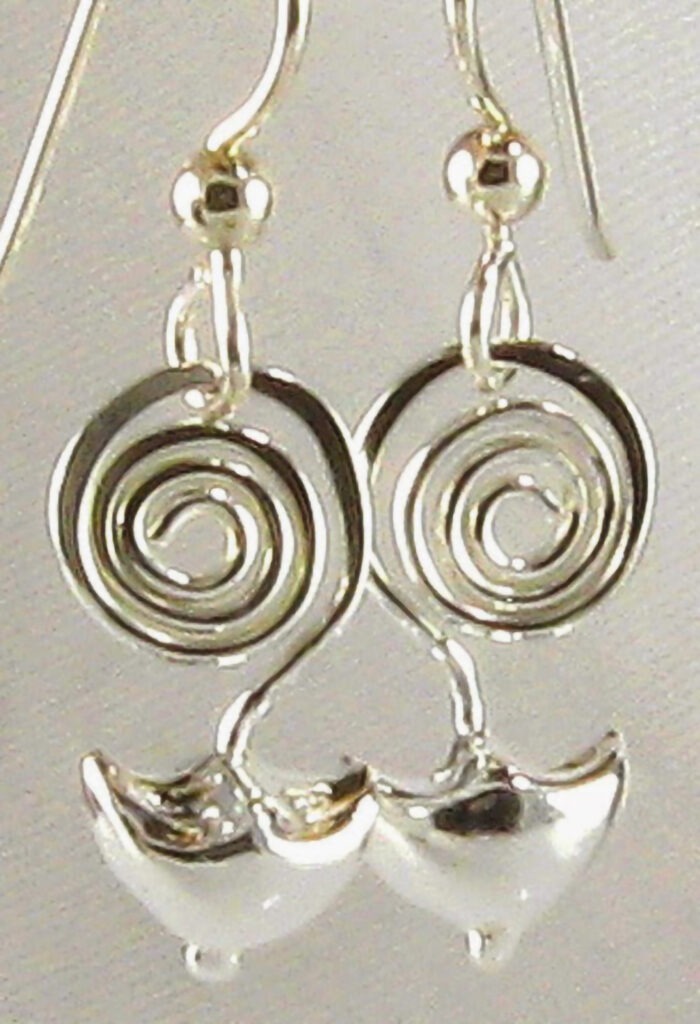
Do Traditional Hmongs Go on Spiritual Quests Like the Natives Do?
Exploring Spiritual Quests: Hmong and Native American Traditions
Dive into the fascinating parallels between Hmong and Native American spiritual practices. Learn how these rich traditions connect through spiritual quests, rituals, and cultural roots.

Exploring Spiritual Quests: Hmong and Native American Traditions
Spiritual quests are deeply rooted in many cultures, serving as pathways to connect with ancestors, nature, and the universe. Among these, the Hmong and Native American communities stand out for their rich spiritual practices. But do traditional Hmong embark on spiritual quests similar to Native Americans? Let’s explore the fascinating intersections of these two traditions.
Understanding Spiritual Quests in Native American Cultures
For Native Americans, spiritual quests often involve a solitary journey into the wilderness, seeking visions or guidance from the spirit world. These experiences are meant to connect individuals with nature and their spiritual guardians, offering insight and purpose. Ceremonies, offerings, and the presence of animal spirits are integral to these practices.
Spiritual Practices in Hmong Culture
Hmong spirituality is deeply intertwined with animism and ancestral worship. While traditional Hmong practices might not align directly with the concept of a “spiritual quest” in Native American terms, Hmong rituals and shamanic ceremonies hold comparable significance. Through offerings, soul-calling rituals, and connections with the natural and spirit worlds, the Hmong seek harmony, guidance, and healing.
Common Threads: Shared Elements in Spirituality
Both Hmong and Native American cultures emphasize:
- Connection to Nature: Viewing the natural world as sacred and alive with spirits.
- Ancestral Guidance: Honoring ancestors as protectors and advisors.
- Rituals and Offerings: Using ceremonies to bridge the physical and spiritual realms.
- Animal Spirits: Recognizing animals as messengers or protectors in spiritual practices.
Could Hmong and Native American Spiritual Leaders Collaborate?
It’s intriguing to imagine a Hmong shaman and a Native American spiritual leader coming together for a shared healing or ceremonial practice. Such a collaboration could bridge cultural perspectives while deepening understanding of how different traditions honor the spiritual realm.
Final Thoughts
While the Hmong and Native American spiritual quests may differ in form, their underlying principles of seeking guidance, harmony, and connection unite them in purpose. Exploring these parallels enriches our appreciation of their cultural depth and universal human spirituality.





What do you mean by spiritual quests?
Spiritual quests = vision quests. Like getting guidance or knowledge from “supernatural” forces or the spirit world.
The only commonly known quests are made by the Hmong Shaman and woman. If there were any Hmong person who could encounter a quest, it would be unknown to the general Hmong community.
Hmmm, okay. Yea I kinda figured it would be the Shamans. Do you think if a non-shaman person were to go or have been on a quest and they were not “ordained” to be a shaman, would that make them a shaman or how would the Hmong community look at that? Hope I made sense.
Yes, that made sense. I know of a few who may have gone through it. Their spiritual power to sense emotion and energy is heighten than the average human and they tend to have guardian spirits that guide them to help people. One guy who’s around my age actually was supposed to be a Shaman and he could sense his friends’ callings for help.
I don’t know how the older people would view that but the younger ones in my generation look up to him.
Wow, that’s pretty amazing. If he was supposed to be a Shaman, how come he didn’t follow thru with it? But I know what you mean I too can sense peoples emotions and energies. It’s not as strong as it was a few years ago because I was dealing with some stuff but now that I’m starting to focus more on my spirituality its starting to become strong again. I think this would be a great question to ask the elders. Maybe I should ask my dad.
Yeah, that’s a great question. I haven’t had a chance to talk to him. When I do, I’ll let you know. In a way, I feel like my spirituality strengthens my mentality, but definitely, I would like to know your dad’s response.
Yep they do. That’s why they do a ritual known as ‘Neeb’… I believe that the ritual does not need to be preformed to go to the other world. For example, my mom has been ill and I dreamed of an old lady, Poj Dab Pog, she’s a witch. I dreamed that I scorned at her and she gave me the cure to cure my mom in real life–it was fox blood, but I never used it because I would not dare kill a fox.